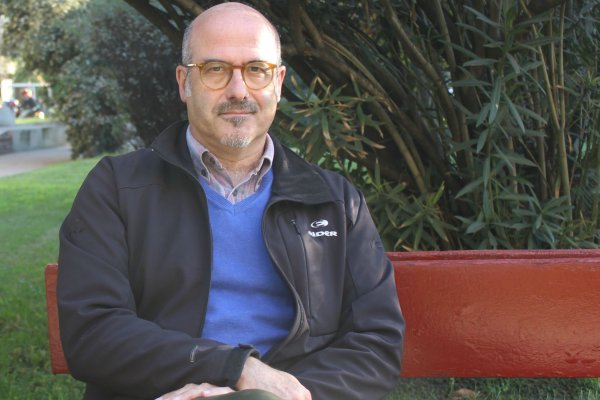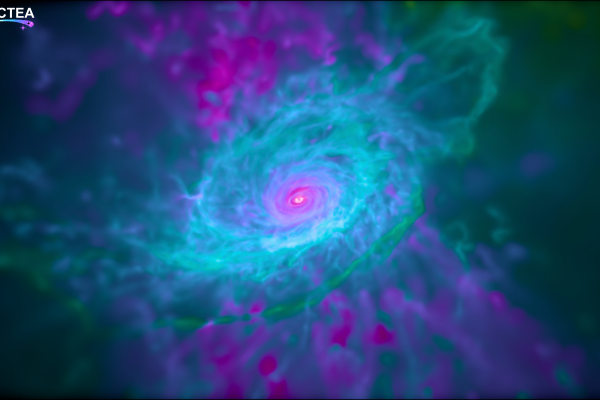On Wednesday, August 12, we lost Professor Artur Polls Martí. Artur has been for many of us - department mates, students and friends - a fundamental pillar along with which we have grown and developed our lives, both from a personal and professional point of view.
Throughout his career he has trained dozens of students from the Faculties of Physics and Chemistry, in addition to having directed a large number of doctoral students, master's degrees, final degree projects, etc.
Artur finished his bachelor's degree at the University of Barcelona in 1975 and later did a doctorate under the supervision of Prof. Rafael Guardiola at the University of Granada in 1980. He then obtained a postdoctoral position at the University of Tübingen working with Prof. Herbert Müther. In 1983 he joined the University of Barcelona and began a collaboration with Prof. Willem Dickhoff of the Washington University. It was during his doctoral thesis that his interest in the microscopic description of many-body quantum systems began, both in the field of nuclear physics and in that of quantum liquids or ultracold gases. His important contributions made him a worldwide reference in the field, highlighting his appointment as Chairman of the International Advisory Committee of the International Conference on Recent Progress in Many-body Theories (2007-2011) and as a member of the Scientific Board of the European Center for nuclear Physics (ECT * - Trento) (2011-2014).
While helping to position Barcelona as a reference center for many-body quantum physics, Artur maintained a constant commitment to teaching and to the University of Barcelona, ??assuming, among other responsibilities, the role of Head of the Departament d'Estructura i Constituents de la Matèria (2004-2008). We have all witnessed his passion for teaching, seeing him even in these last courses prepare each class with care and go to the blackboard as if it were the first day, ending the lesson with a critical look in order to improve on the next.
Artur always had the office door open because he firmly believed that he was available to everyone, colleagues, students or anyone who wanted to enjoy his analytic skills and his broad vision of problems, worldly or not. His generosity was evident in each meeting he attended, seeking to contribute with incisive and profound questions or sharing his point of view from a measured and conciliatory tone.
Driven by a latent and contagious curiosity, he studied the quantum many-body phenomena in all its multiple disciplines, adapting at all times to the relevant problems that were emerging in the international scientific environment. With Artur, you could discuss the behavior of the atomic nucleus, the properties of neutron stars, the superfluidity in quantum liquids, the magic of ultracold atoms, the potential of quantum technologies or simply about the last Barça game, some movie of an African film festival that he had just seen or a novel that had excited him.
He was a humble person, perhaps in excess, and with a sharp humor of certain pessimism. His patient, sensible and noble disposition made him, without him being very conscious, a reference point for all his colleagues, always ready to listen and respect his thoughtful opinions. Artur's premature departure opens a huge void for us. We know that we will long for him deeply every day of our lives. But he also leaves us a legacy that is impossible to forget: his passion for physics, his enthusiasm for transmitting knowledge, his affable treatment and his kindness. Trying to emulate him will make us better people.
Bruno Juliá Díaz, Professor agregat del Departament de Física Quàntica i Astrofísica
Àngels Ramos Gómez, Catedràtica del Departament de Física Quàntica i Astrofísica



